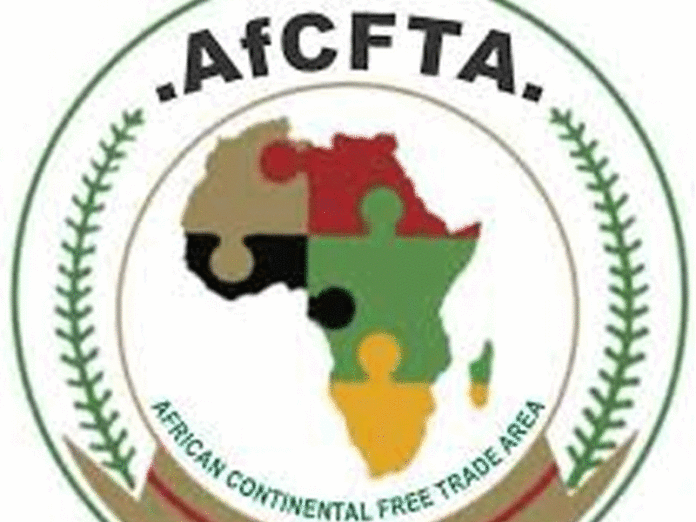
Our Projects are
Transforming African Trade
Quick Contacts
2nd Floor, Fidelity Insurance Centre Waiyaki Way, Westlands

Countries on the continent of Africa have been urged to take advantage of the advantages inherent in the African Continental Free Trade Agreement protocols to boost their economies and leapfrog food security in the sub-Saharan region.
This is coming on the heels of the revelation that Africa currently has the lowest inter-regional trade across the world (which represents only about 13 per cent of the continent’s global trade, compared to Asia’s 60 per cent).
The charge was part of the resolutions reached at the just concluded Africa Economic Summit 2024, with the theme, “Africa: Riding the crest of global economic and political volatility.”
A communiqué, which was signed by the President of the Africa Economic Summit 2024, Dr Sam Ohuabunwa, and the Chief Executive Officer of the Africa Economic Summit Group, Dr Brian Reuben, and made available to journalists on Thursday in Abakaliki, said there was an urgent need for African countries to have a global outlook and aggravate sufficient resources to compete favourably with others such as the United States of America, China, and India, among others.
According to the communiqué, “Africa currently has the lowest interregional trade in the world, which represents only about 13 per cent of Africa’s global trade (compared to Asia’s 60 per cent for example).
“The summit resolved that African nations must quickly embrace the African Continental Free Trade Agreement protocols and quickly dismantle all obstacles to the full consummation of the agreement.
“The summit therefore called on the African Union to set a target of at least 30 per cent of intra-African trade by 2030.
“To aggressively pursue this goal, which will have a tremendous salutary effect on the African economy, the summit urged the AU and particularly the AfCFTA to adopt the slogan: One Africa! One Family!! One Economy!!!
“This slogan should serve as a tonic and a clarion call for all Africans to think globally African.
“It is our best chance of aggregating sufficient resources and energy to compete with the other continents, which are made up of very large countries like the USA, China, and India. The small and brittle countries of Africa can never be competitive on their own.
“In addition to pulling together resources (human and material), the next critical factor that can help Africa leapfrog and achieve SDG goals is an aggressive investment in digital transformation to drive economic, political, and social development.
“Internet Penetration and Applications are Africa’s best opportunity to mobilise the energies of our active youth population and drive employment and creativity.
“Investing in digital technology infrastructure has a multifactorial impact on education, healthcare, agriculture, financial inclusion, and security in Africa.
“African governments, with a fraction of the money spent on international travel and perquisites of office of the political class, can further fan the embers of this digital revolution, which is already ignited and taking root in some African nations, mostly through private sector initiatives.
“The summit decried the embarrassing situation of food scarcity and unbridled food inflation in Africa and determined that Africa must set a date to stop importing all manner of food.
“Beyond dealing with enhanced food security, African nations need to adopt new schemes that resolve the trinity of challenges that currently beset agriculture.”
It added, “Explore innovative funding. Mobilise domestic and foreign investments for critical projects.
“Minimise borrowing, prioritise projects and use internally generated resources.
“Start winding down aid and replacing it with trade, and provide incentives for diaspora bonds and investments.
“Deliberately promote gender equity and inclusiveness in African political leadership with a focus on the younger generation and ethically engineered leadership development.
“Create a conducive business environment by simplifying regulations, minimising bureaucracy, and promoting entrepreneurship.”
Read original article
Disclaimer: The views and opinions expressed in this article are those of the authors and do not necessarily reflect the official policy or position of TradeMark Africa.